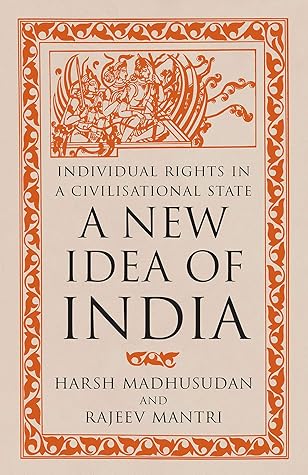the minds of the younger generation, degrading their mental integrity and moral standards’. He accused some of the media properties of propagating ‘vulgarity, indecency and falsehood’.141 Jawaharlal Nehru, feted by historian Ramachandra Guha as a man who ‘respected the press’,142 succeeded in pushing through the amendment, including vague generalities like public order, decency or morality, friendly relations with foreign countries and other arbitrary causes in the interest of which restrictions on speech could be imposed.
Welcome back. Just a moment while we sign you in to your Goodreads account.


